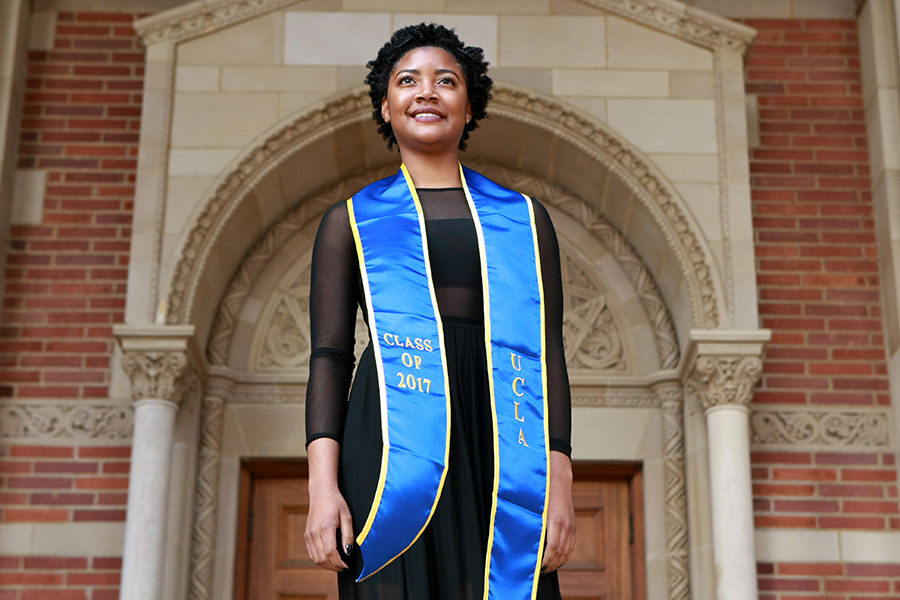Voting yes on Proposition 16 would allow state agencies to use race and gender for education, public employment, and contracting.
UCLA’s Black student population was greatly diminished when Proposition 209 was passed, ending affirmative action in California in 1996.
By Tracey Edwards
The Black student populations at University of California institutions and California State Universities were greatly affected by the passing of Proposition 209 in 1996. That proposition ended affirmative action in the state of California. Ten years later, UCLA admitted only 96 Black students in 2006.
Proposition 209 made it illegal for state agencies to consider race and gender for education programs, public employment, and contracting.
“Prop 209 came out as though it was a civil rights sort of packaged piece of legislation, but ultimately what it did was destroy the Black student attendance at universities throughout California,” said Michelle Johnson, president of the UCLA Black Alumni Association (UBAA).
If Prop 16 passes, university admission officers throughout the state will be able to take a deeper look into an applicant’s background.
“As somebody who has been a part of the interview process with incoming students for our own (UBAA) scholarships, I can tell you that taking a holistic approach to someone’s background is important,” Johnson said. “Minority students have a different experience, so beyond how they scored on their tests or their grades, we need to think about the socioeconomic disadvantages that they suffered and the different challenges that they’ve had from simply being Black in America.
“If you look at UCLA as an example, we are probably the best case to show how damaging 209 was. That has been documented for many years. Our numbers dropped dramatically over the 10-year period after 209 was put in place.”
Regents of the University of California, which is the governing board of all of the UC schools, supports Prop 16, as does California Governor Gavin Newsom.
After UCLA hit a low of Black students admitted in 2006, UBAA stepped in to ensure that there were more qualified Black students, and that those students had the finances to choose UCLA over other universities. Through scholarships and outreach programs for middle school and high school students, the UBAA helped UCLA admit the largest number of African American students in its history with over 400 undergraduate and community college transfers being admitted in 2017.
While the UBAA has had success in increasing UCLA’s Black student population, Prop 209 has continued to be a hindrance to their efforts.
“It’s like we’re waging this war with one hand tied behind our back,” Johnson said. “Prop 16 is going to help us put a nail in the coffin of that horrible legislation from 20 plus years ago. It will help us bring up our numbers of African American students.”
Detractors of affirmative action programs have claimed that it is a quota system for minorities and women.
“It’s not a quota system,” Johnson said. “What it does is unbinds the administration’s hands to take a broader look at the students that are coming in. So as opposed to abiding by this perception that everybody is equal, everybody had the same education, and everybody had the same resources, what we’re saying is that we’re going to dig a little bit deeper to learn more about that student; to get to know what barriers that they were up against.”
Johnson also pointed out that passing Prop 16 will end wage discrimination against women, strengthen K-12 school resources, create STEM education programs for girls, and give small business owners more access to public contracts.









